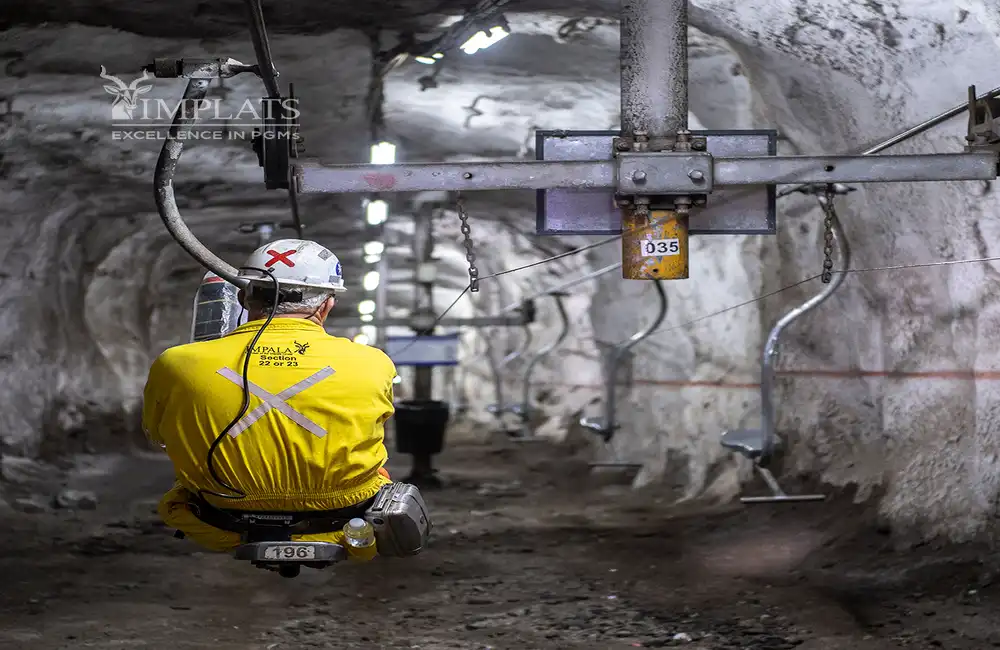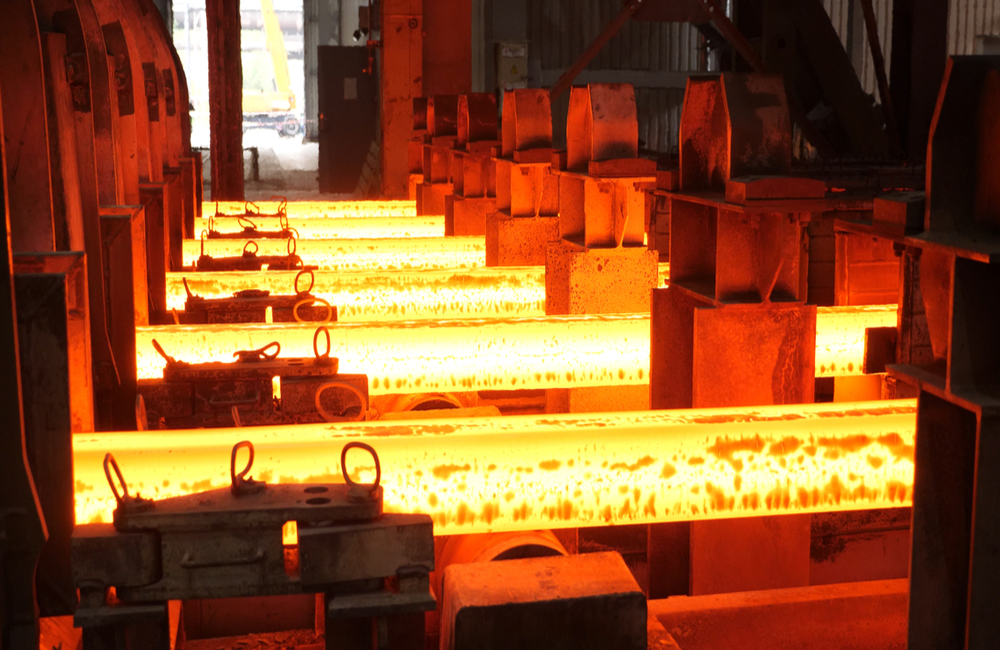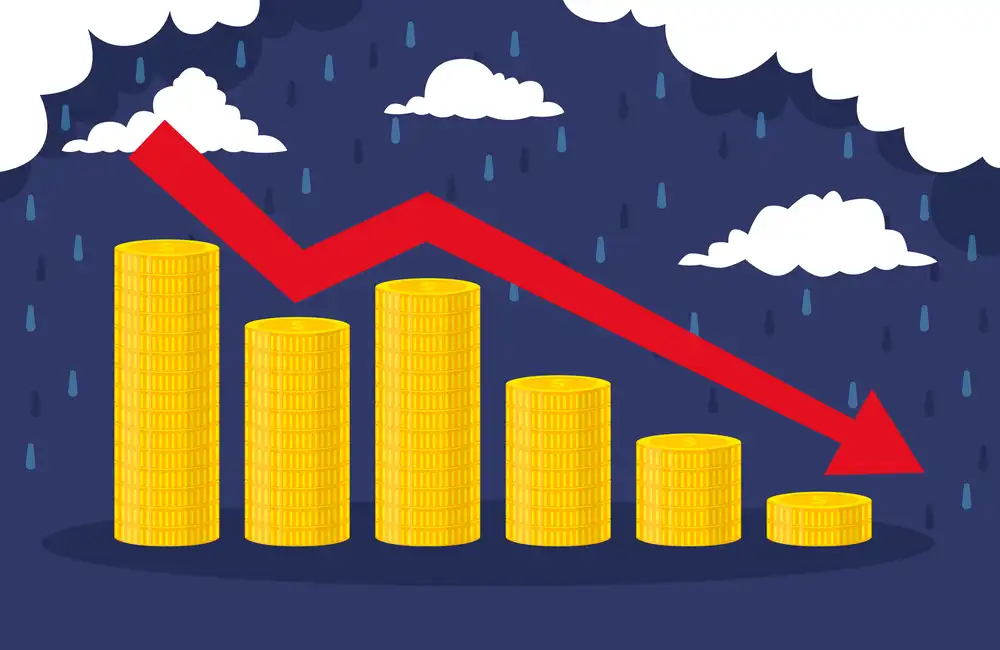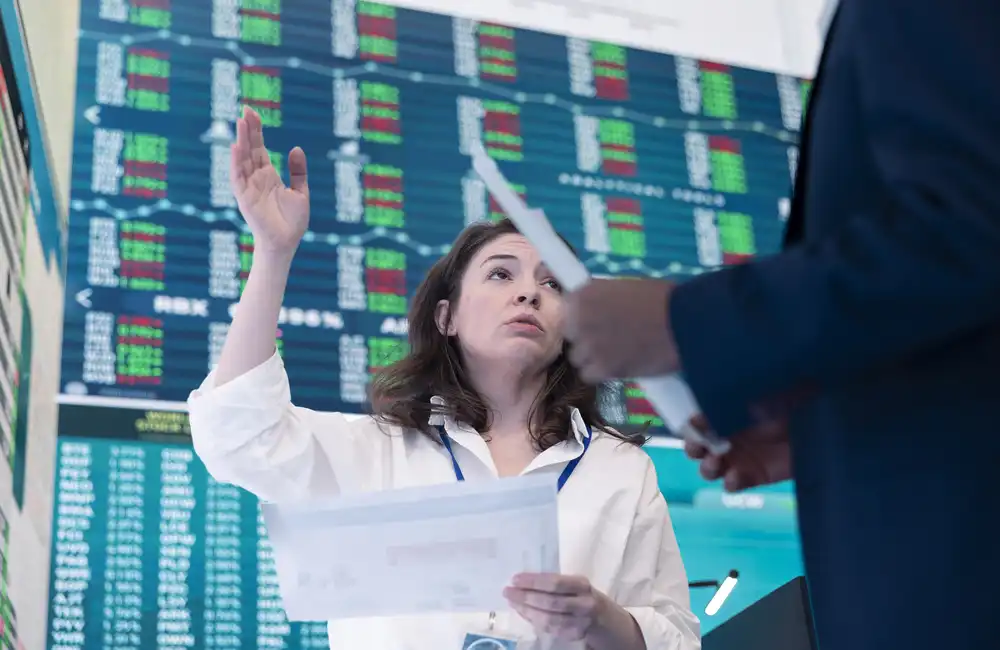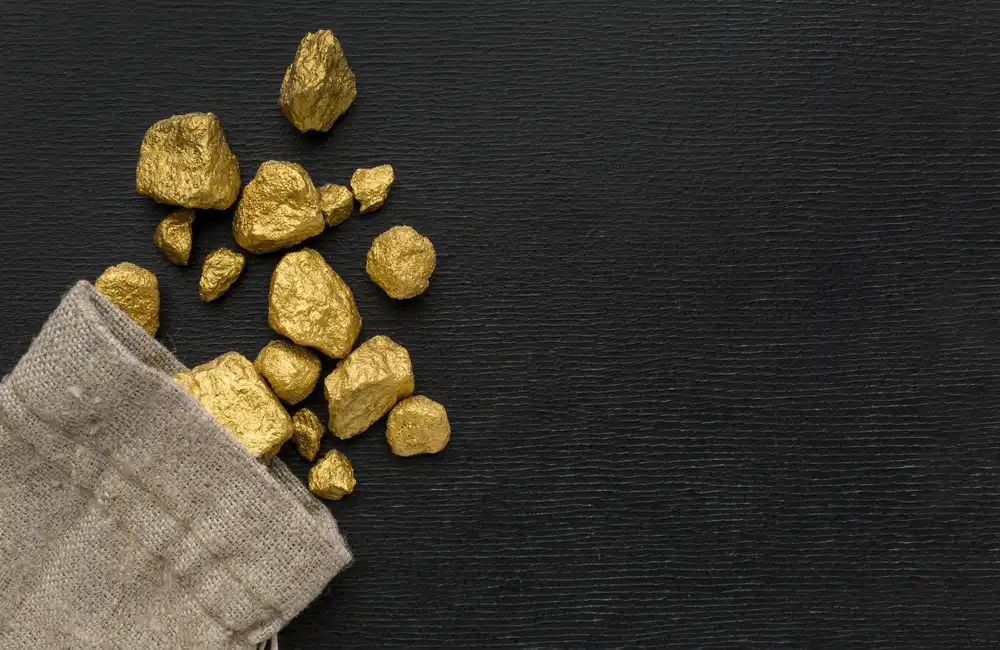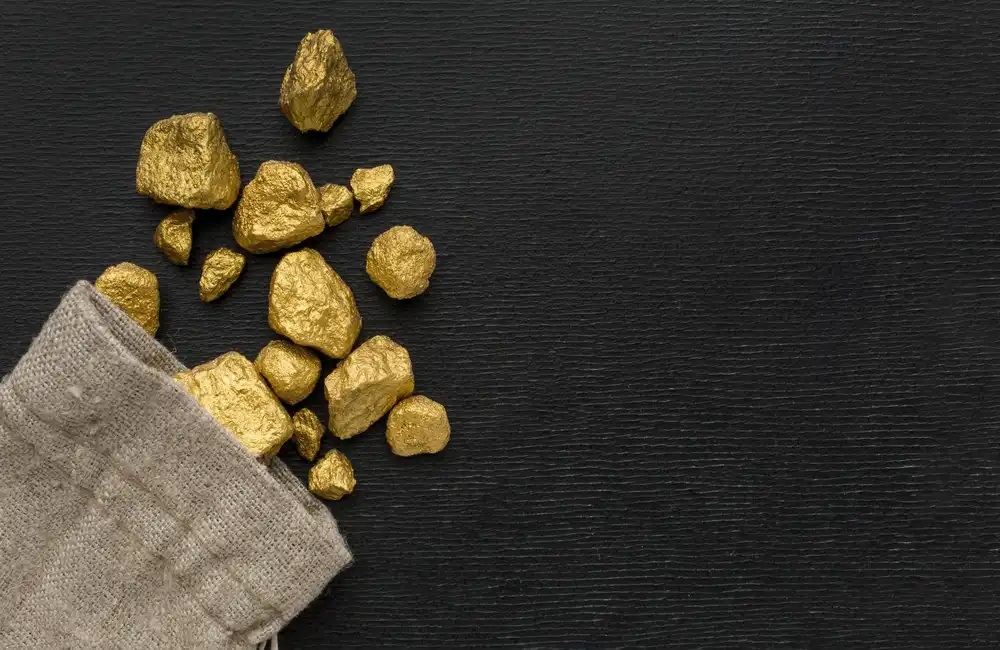To curb local prices, the Russian government has ordered steel and other metal producers to limit their profit margins on domestic sales to not more than 20%-25%, at a meeting between Russia's deputy minister for industry and representatives of steel companies on March 10.
Russia Pressures Metal Producers to Cut Domestic Prices, Threatens Export Controls
“We are not happy with the prices in the metallurgical market today,” said Viktor Evtukhov, Russia’s Deputy Minister of Industry and Trade, during a meeting with representatives from the country’s steel companies. S&P Global accessed the meeting recording via a public link, and the trade ministry’s press service later confirmed the meeting took place.
“Metallurgical products should be sold in Russia at low prices,” Evtukhov emphasized. Regarding international markets, he stated, “No one is interested in them or their relevance today is no longer important for anyone [in Russia].” He instructed companies to provide production cost data and updated price lists by the beginning of the week starting March 13.
Evtukhov cited that the production cost of hot-rolled coil (HRC) is approximately Rb45,000/mt ($390/mt), saying it is now “impossible to sell it for Rb72,000/mt.” He called for a reduction in maximum profit margins to the 20%-25% range, a move that should also apply across other steel products like rebar and cold-rolled coil, as well as across all customer and end-user contracts.
According to S&P Global Commodity Insights, Moscow HRC was assessed at Rb67,000/mt ($588/mt) CPT on March 11, while the CIS exportable HRC price was assessed at $1,085/mt. With the government having recently introduced a 25% cap on steel profit margins, domestic prices are expected to move in alignment with export market trends.
The same pricing guidance has been extended to other metals, including nickel and aluminum, and to scrap material. Evtukhov warned that if scrap prices are not lowered for domestic consumers, the government may consider banning exports. Scrap is currently subject to a EUR100/mt export duty.
Evtukhov said that as long as domestic supply remains adequate and sales profitability stays within the newly established limits, the government does not intend to regulate export volumes or prices directly. However, he added that subsidiaries, metal service centers, and captive trading houses that resell metal from parent companies must also reduce their profit margins to near-zero levels.
Steelmakers and other metal companies are expected to operate under these conditions for two to six months. Evtukhov noted that reduced profitability could be managed through modest cuts in dividends or capital expenditure, if necessary. Should the companies fail to comply, the government would consider imposing direct price controls, he warned.
While S&P Global has reached out to several steel producers, most declined to comment as they await further clarity on the potential implications of the government’s directive.
Evtukhov also extended this request to other key sectors, including producers of construction materials, food, fertilizers, machinery, and industrial goods.


